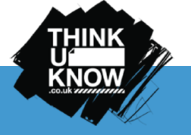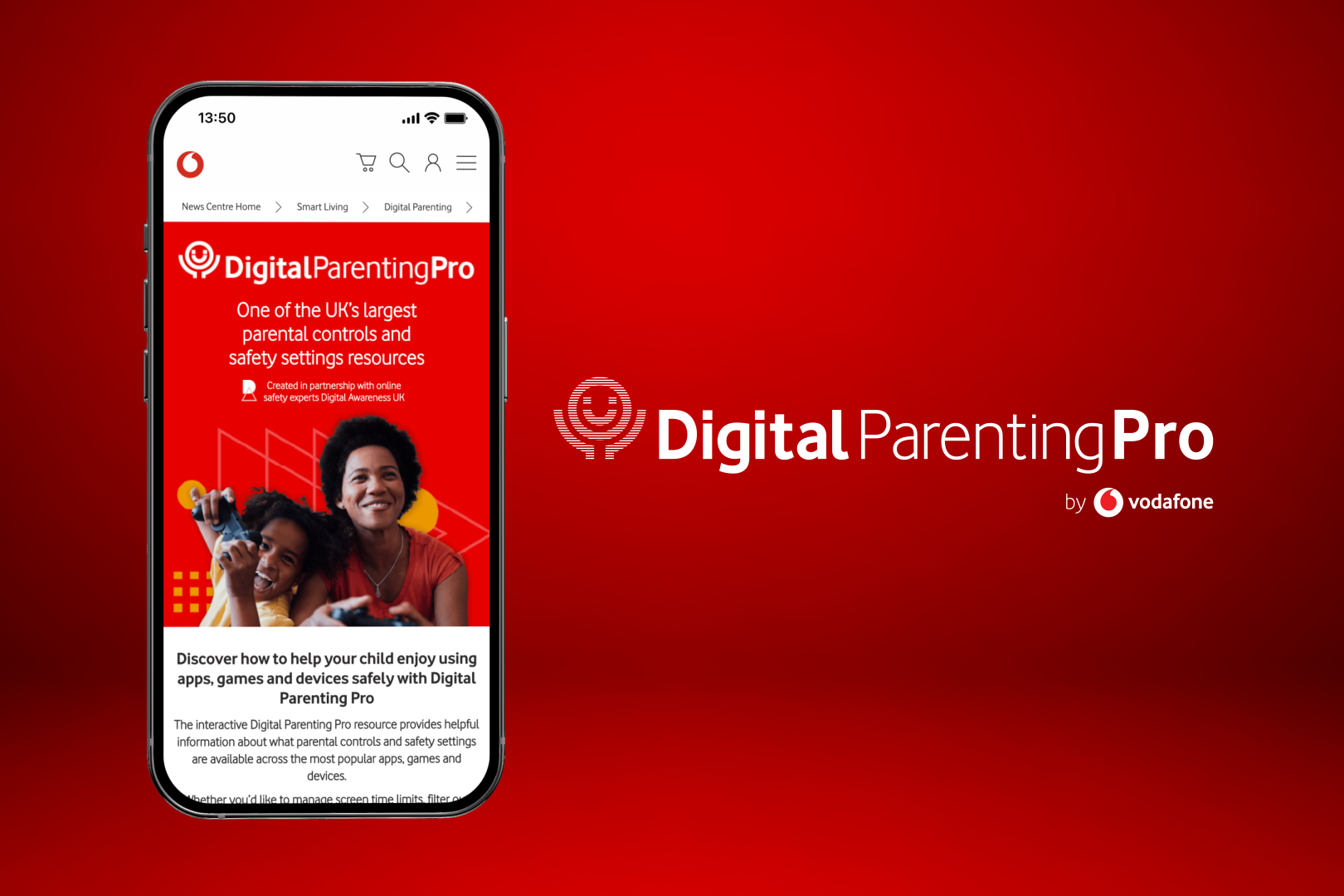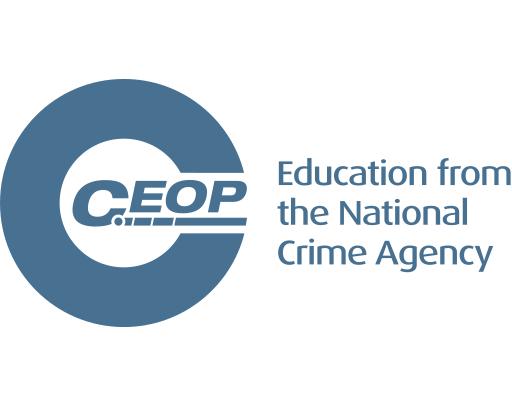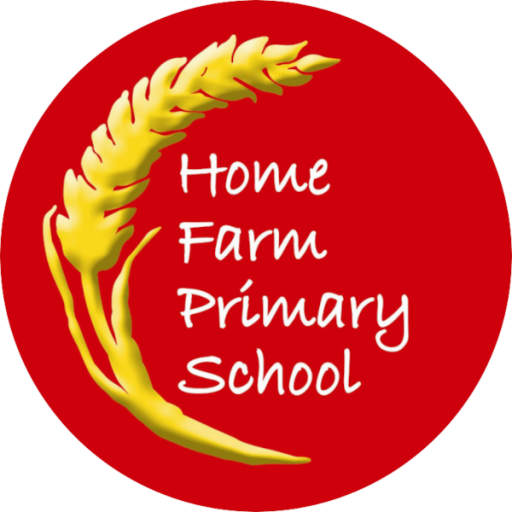At Home Farm, we are committed to maximising the benefits that the digital world can bring. For our young people, the internet, and the increasing number of devices that connect to it, is an integral part of their every day lives. However we are also committed to working with parents to keep our children safe online. You can read more about our approach to e-safety in our Safeguarding Policy.
Resources to support home learning
Think U Know is the national online safety education programme. On the Think U Know website you will find some useful resources to support parents during the closure of schools due to the Covid-19 outbreak. The resources including home activity packs with simple 15 minute activities you can do with your child to support their online safety at a time when they will be spending more time online at home.
You can access the Think u Know resources here.
The NSPCC website is also a useful resource and has advice on specific apps, sites and games including Tik Tok and Netflix party.

Top tips for parents (from the Thinkuknow website)
- Talk to your child about what they’re up to online. Be a part of their online life; involve the whole family and show an interest. Find out what sites they visit and what they love about them, if they know you understand they are more likely to come to you if they have any problems.
- Watch Thinkuknow films and cartoons with your child. The Thinkuknow site has films, games and advice for children from five all the way to 16.
- Encourage your child to go online and explore! There is a wealth of age-appropriate sites online for your children. Encourage them to use sites which are fun, educational and that will help them to develop online skills.
- Keep up-to-date with your child’s development online. Children grow up fast and they will be growing in confidence and learning new skills daily. It’s important that as your child learns more, so do you.
- Set boundaries in the online world just as you would in the real world. Think about what they might see, what they share, who they talk to and how long they spend online. It is important to discuss boundaries at a young age to develop the tools and skills children need to enjoy their time online.
- Keep all equipment that connects to the internet in a family space. For children of this age, it is important to keep internet use in family areas so you can see the sites your child is using and be there for them if they stumble across something they don’t want to see.
- Know what connects to the internet and how. Make sure you’re aware of which devices that your child uses connect to the internet, such as their phone, TV or games console. Also, find out how they are accessing the internet – is it your connection, or a neighbour’s wifi? This will affect whether the safety setting you set are being applied.
- Use parental controls on devices that link to the internet, such as the TV, laptops, computers, games consoles and mobile phones. Parental controls are not just about locking and blocking, they are a tool to help you set appropriate boundaries as your child grows and develops. They are not the answer to your child’s online safety, but they are a good start and they are not as difficult to install as you might think. Service providers are working hard to make them simple, effective and user friendly.
Key messages to share with your child
- Never share anything with anyone if you wouldn’t want you or their teacher to see. Think before you post!
- Make sure they know who to talk to if they feel uncomfortable, upset or worried.
- If they are not sure, check with you!
- Never communicate online with anyone they don’t know and trust in the real world.
- Keep personal information private.
- Don’t send anything to anyone they wouldn’t want to receive themselves, and don’t share other people’s content.
E-safety seminars
We run regular e-safety seminars for parents covering a range of issues relating to ways of keeping our children safe on-line.
National Online Safety guides to specific apps and games
There are a range of useful guides produced by National Online Safety Ltd which cover specific apps and games. Please choose the thumbnails below to see the guides in more detail. You may also be interested to see Childnet.com’s guide to Fortnite Battle Royale.
Parent Guides
Below are some additional parent guides that you may find useful.
Useful external links
There is lots of advice out there to help parents navigate the digital world. You can find links to some of our favourite resources below.
Vodafone’s Digital Parenting
There is lots of practical help and guidance on Vodafone’s Digital Parenting website, including checklists of things to consider for children of different ages.

Thinkuknow
The Child Exploitation and Online Protection (CEOP) Centre’s Thinkuknow website provides lots of useful resources for parents and children, including primary age children.

BT information for parents
BT has produced some useful resources for parents available to read here.
UK Safer Internet Centre
The Safer Internet Centre website has lots of tips for parents and children including information about how to set parental controls.
Google Family Safety Centre
Google’s family safety centre website has information about how to ensure you get family friendly results from Google searches.
GoCompare Guide
GoCompare have compiled a guide to broadband parental controls and internet safety for children which can be found here.


